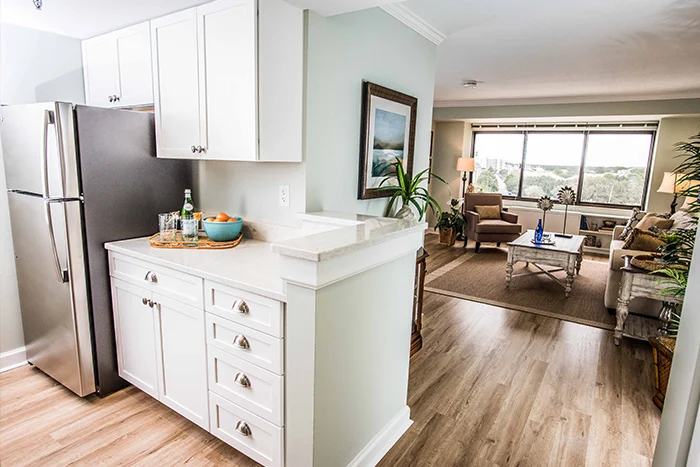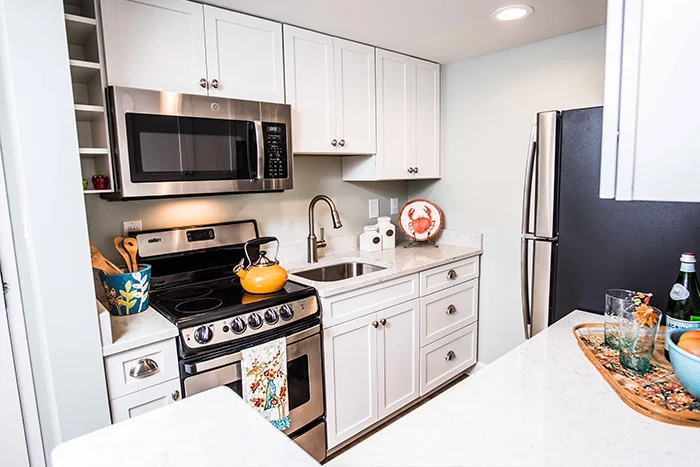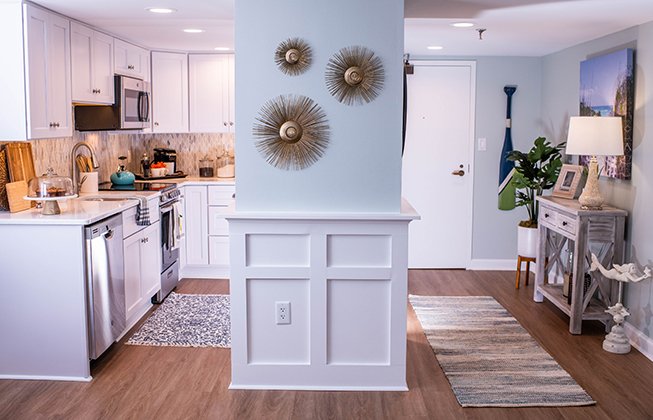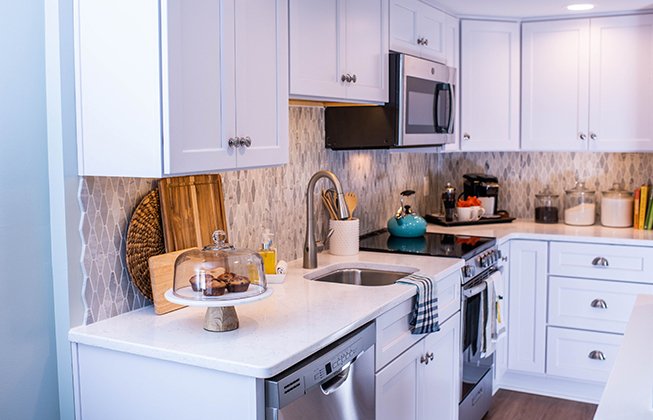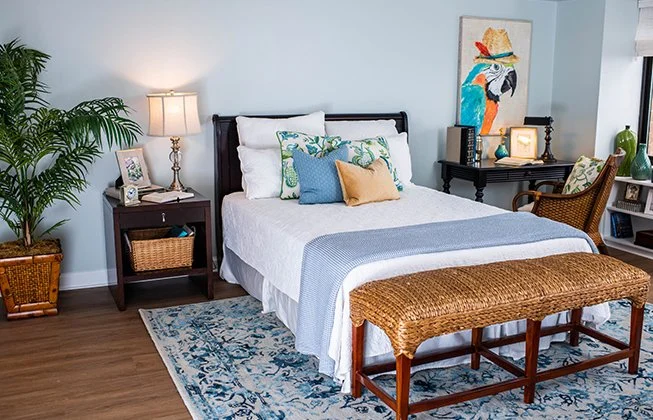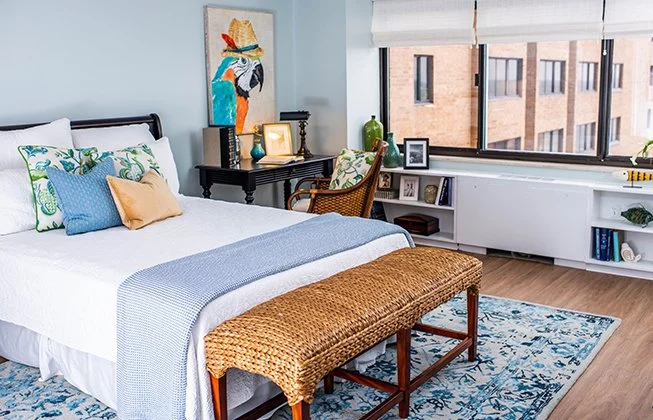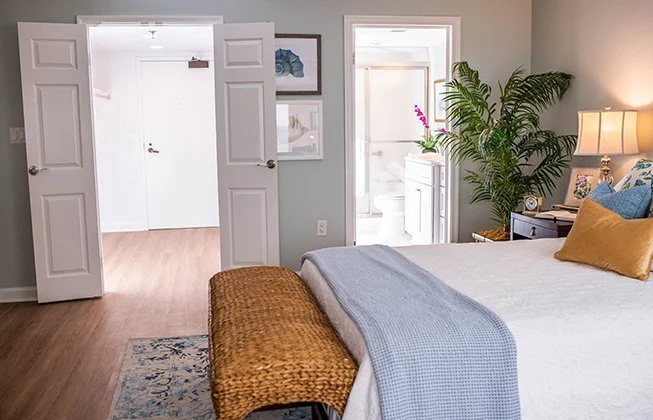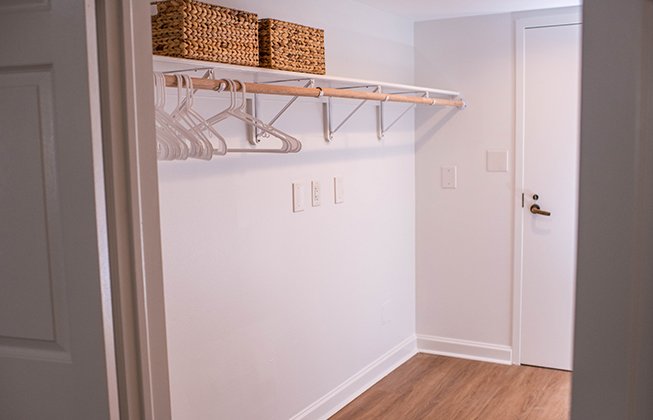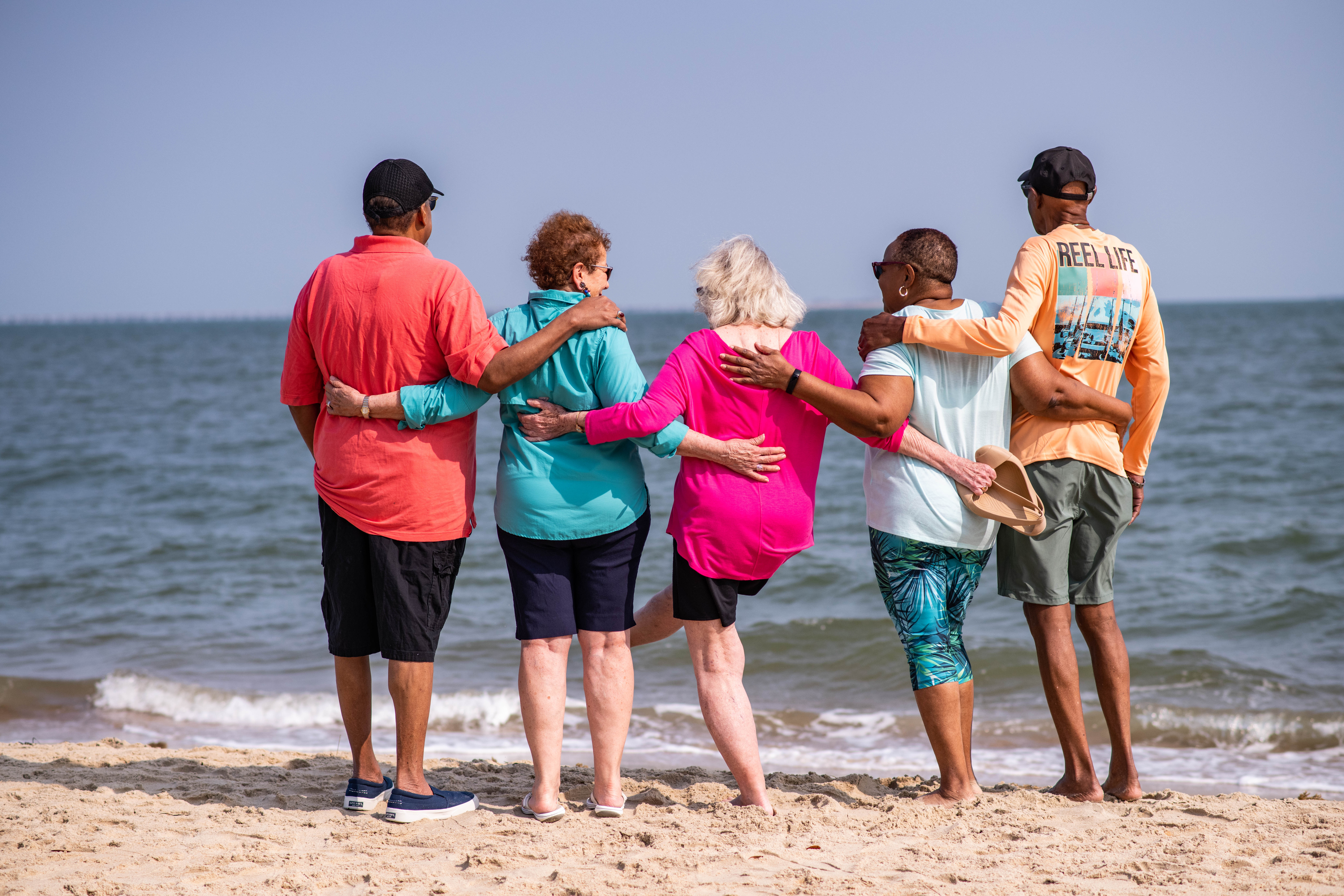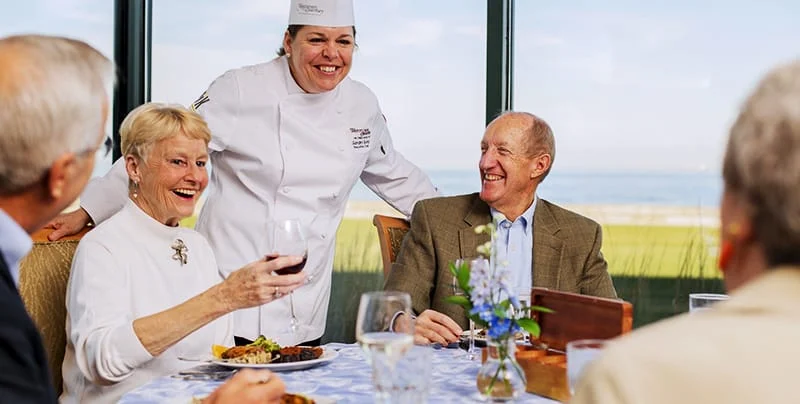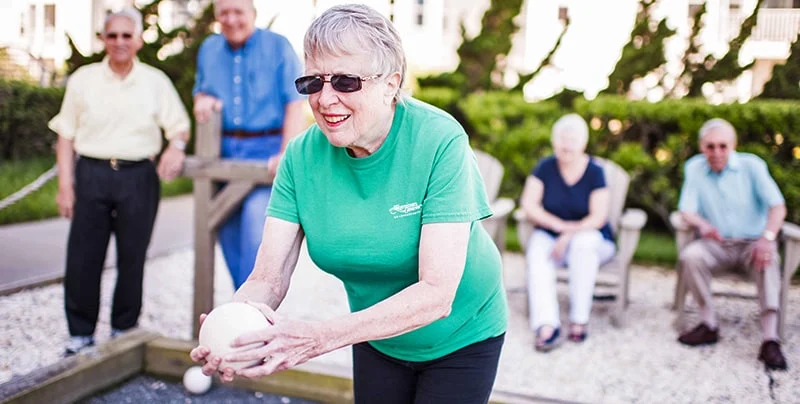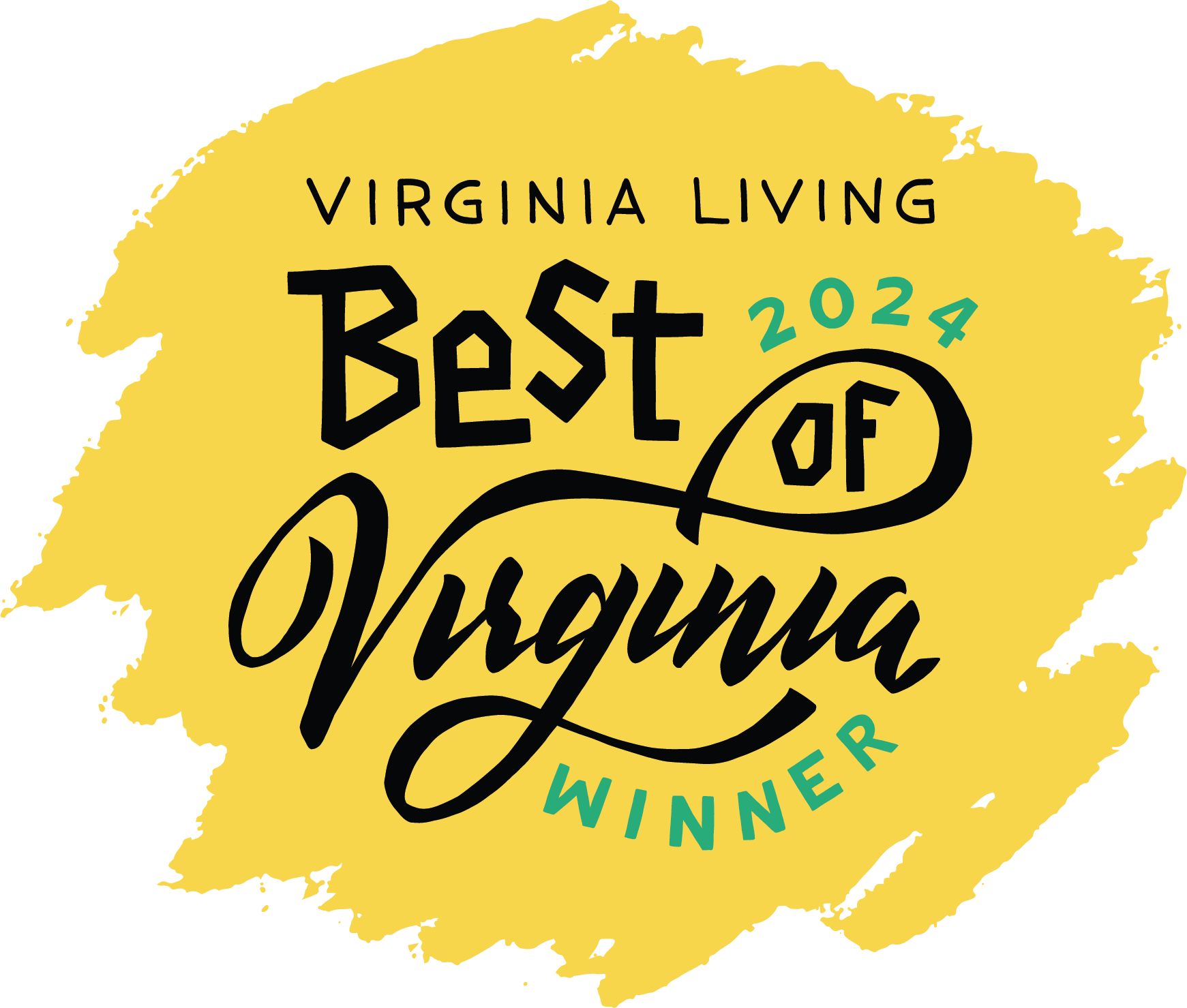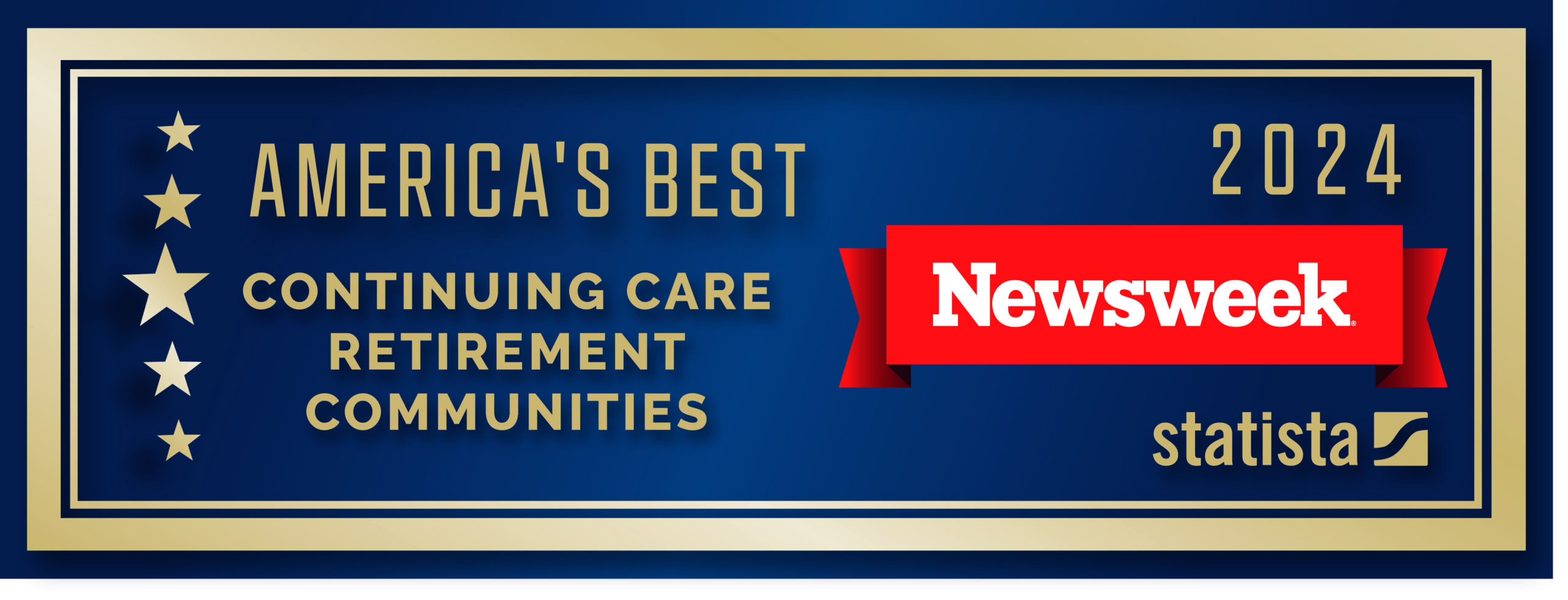Successful Aging: What It Means for Older Adults
It’s a term you’ve probably heard, but what is successful aging? The most common definition for successful aging is: avoiding disease and disability, being physically and mentally active, and being socially engaged. Does successful aging come down to just luck or are there things you can do to maintain good physical health through every stage of life? This blog post will look at some of the lifestyle factors that go into healthy aging and what you can do to stay as healthy as you can as long as you can.
Successful Aging: The Research
Unlike the old-age stereotypes that growing old means being sick, forgetful and/or feeble, a study in the Journal of Gerontology found that for many, growing older is not accompanied by life-limiting declines in health. A study by Yale University Professor of Public Health and Psychology Becca Levy, Ph.D., concluded that believing in positive perceptions about aging — wisdom, self-realization, satisfaction and vitality — resulted in a 7.5-year increase in average life span.
According to research, an older adult who’s most likely to age well has good physical and mental health, as well as, a strong social support network. People with high levels of resilience, low rates of depression, and a limited amount of substance abuse are most likely to age successfully. They’re also more likely to report higher levels of life satisfaction.
A Guide to Successful Aging
If you want to be more active and engaged during your retirement years, here are some areas to consider:
Physical health: While becoming sick with certain physical illnesses may be outside of our control, we do have considerable control over our weight and how much we exercise. If you smoke, it’s a good idea to stop. Don’t use recreational drugs and do limit your intake of alcohol.
Social interactions: Those with greater social support and more social contacts, including family members and friends, are more likely to age well.
Sense of purpose: Feeling that you have a purpose in life is a positive indicator for healthy aging and has the potential to reduce your mortality risk.
Successful Aging Lives Here
One of the most important things you can do for your future is choosing a lifestyle that supports your successful aging goals. If you’ve ever made a New Year’s resolution, you know it’s easy to fall back into old habits. Surrounding yourself with a community of like-minded people who are focused on living their best life – like you’ll find at Westminster-Canterbury on Chesapeake Bay — can make a world of difference. At Westminster-Canterbury, we believe life is about feeling more fulfilled. To help, our Wellness for Life programs offers six pillars of wellness:
- Spiritual wellness: Connect with a meaningful appreciation of your life and your journey through bible study, worship, volunteerism, music, exercise and personal reflection.
- Vocational wellness: Engage in work that fills you with a sense of purpose. Here, you can volunteer your time on our campus through a new resident ambassadorship, club leadership and mentoring, or in the community at large through our Beyond Our Gates program. Residents and staff also volunteer for a variety of activities, including:
- American Red Cross Annual Blood Drive
- FoodBank of Southeastern Virginia and the Eastern Shore Food Drive
- Southeastern Virginia Chapter Walk to End Alzheimer’s
- Judeo-Christian Outreach Center – Preparing meals for the hungry and homeless
- Seniors Celebrating Seniors — Making the graduation of 12th grade seniors special by offering advice based on their college and life experience
- Girl Scouts of the Colonial Coast cookie giveaway
- PingPongforCharity Tournament — Event to help raise money for support services for people with mental health conditions such as Alzheimer’s disease, dementia, depression and more
- Summer Camp for Kids — Partnership Brilliant Beginnings Learning Center to assist with their summer camp program
- Intellectual wellness: Explore computer instruction, reading, research and writing, musical concerts, museum tours, discussions and more. Through the Lifelong Learning Institute — a partnership with Virginia Wesleyan University — you can audit select classes at VWU for free and attend cultural events. In addition, 64 mini-courses are offered each year at our community, coordinated by a VWU professor.
- Emotional wellness: Pathways to better emotional health include yoga and Tai Chi, support and reminiscence groups, and counseling.
- Physical wellness: Keep active and fit in our state-of-the-art gym, featuring cardio and weightlifting equipment, or the fitness pool. Residents also love our Wellness Studio located in the West Tower; it’s home to regular exercise, dance and pickleball classes. You can also go for walks on the beach and enjoy the fresh sea air.
- Social wellness: Join in casual get-togethers with neighbors, happy hour gatherings and interest groups that are more formal.




